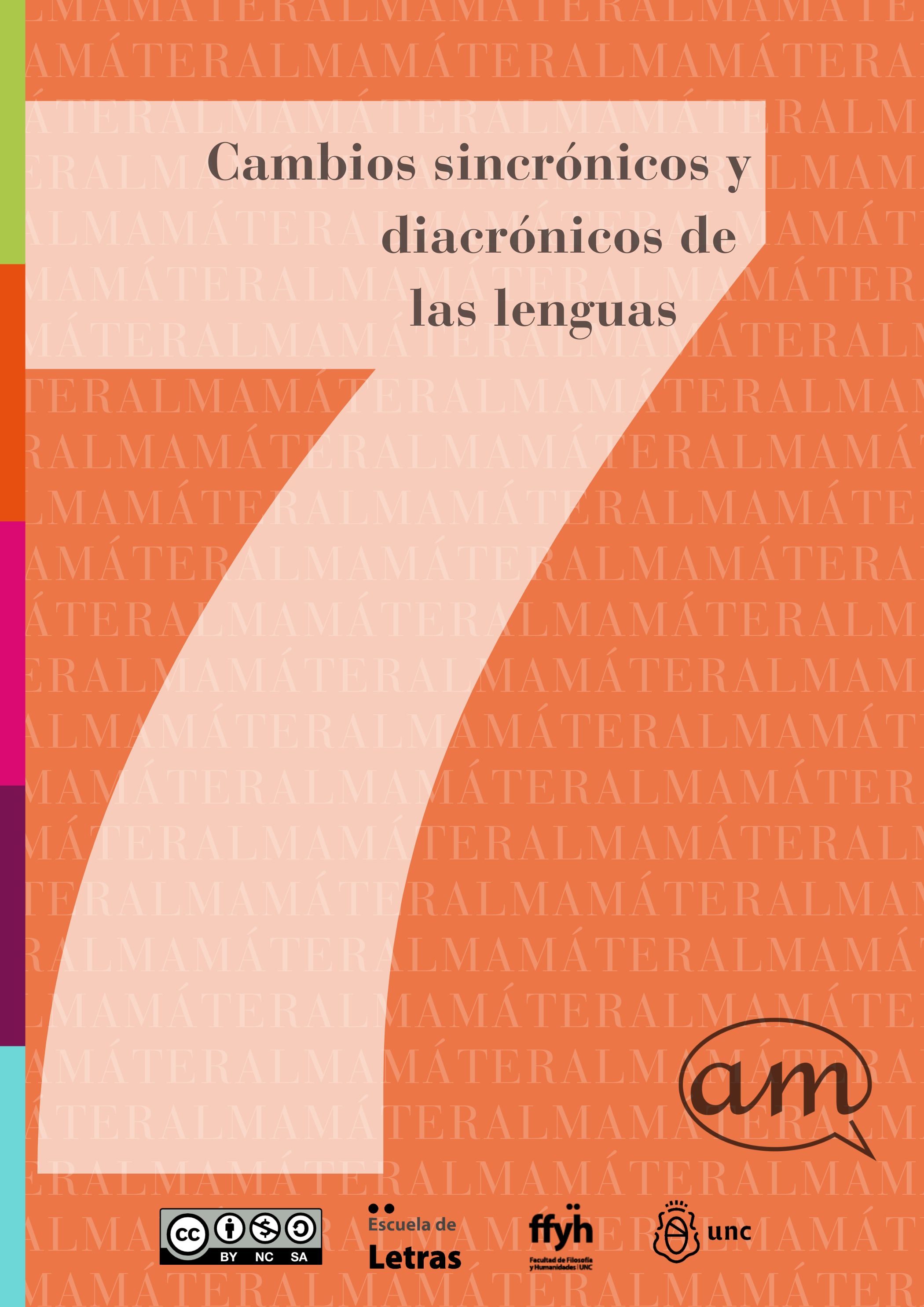The semantic evolution of verbs in parenthetical positions
Macrosyntactic Considerations on the Verb "Decir" in the Expression "Digo yo"
Keywords:
macrosyntax, parenthetical operator, epistemic modality, propositional attitude verbsAbstract
This article examines the prosodic, syntactic, semantic, and pragmatic aspects of the verb decir in the first-person singular of the present indicative when used as a parenthetical operator with a hedging function. Framed within the field of macrosyntax, the study analyzes the relationship between this operator and the statements it modifies at the micro-discourse level. The central hypothesis suggests that the operator digo exhibits complementary syntactic-prosodic autonomy, altering its semantic meaning and transforming it into a propositional attitude verb that influences the epistemic modality of the main statement. Through the analysis of a linguistic corpus, different variants of this operator are examined, focusing on their impact on the structure and meaning of the statement. The study concludes that the verb decir, in its parenthetical function, fulfills the requirements of prosodic and syntactic autonomy, with its semantic behavior resembling that of propositional attitude verbs, albeit with notable differences. Future research is proposed to include a more detailed analysis of communicative contexts and increase the frequency of less common variants.

Downloads
Published
Issue
Section
License
Copyright (c) 2024 Emanuel Pinasco

This work is licensed under a Creative Commons Attribution-NonCommercial 4.0 International License.
Los textos están protegidos por una Licencia Creative Commons Atribución/Reconocimiento-NoComercial 4.0 Licencia Pública Internacional — CC BY-NC 4.0. Dicha licencia autoriza a a terceros utilizar lo publicado, siempre que se otorgue el adecuado reconocimiento; se mencione la autoría del trabajo y la publicación en la revista Alma Máter y no se haga uso del material con propósitos comerciales.





